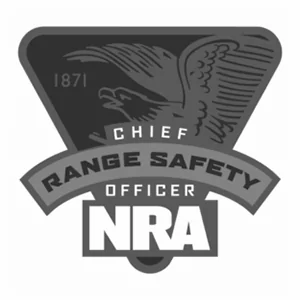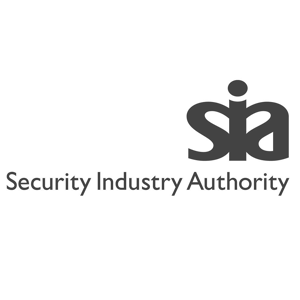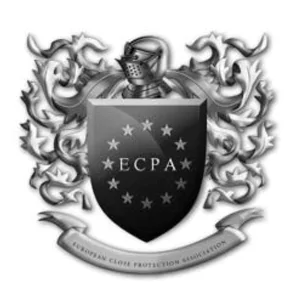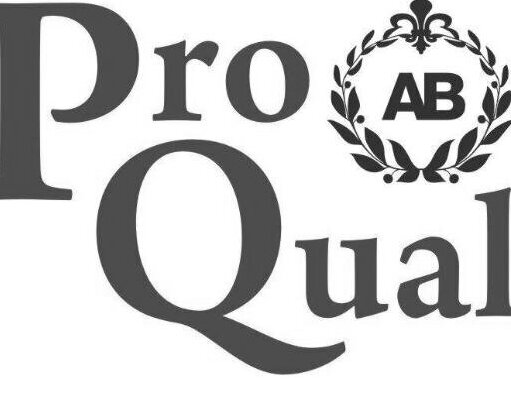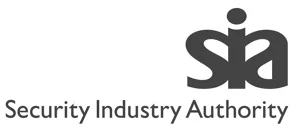The roles and responsibilities of a Private Investigator (PI) specializing in investigations and surveillance can be diverse and multifaceted. Here’s a detailed breakdown:
Case Analysis and Planning:
- Assess client needs and objectives.
- Develop a strategic plan for investigation, including timelines and resources required.
- Analyze available information to identify leads and potential sources of evidence.
Surveillance Operations:
- Conduct covert surveillance to gather evidence and intelligence.
- Utilize various surveillance techniques, including physical observation, vehicle tracking, and electronic monitoring.
- Maintain discretion and confidentiality to avoid detection by subjects under investigation.
- Document observations through detailed reports, photographs, and video recordings.
Evidence Collection:
- Gather admissible evidence through legal and ethical means.
- Conduct interviews with witnesses, sources, and relevant individuals.
- Obtain and analyze records, documents, and other pertinent information.
- Ensure the chain of custody and integrity of collected evidence for potential use in legal proceedings.
Background Investigations:
- Conduct comprehensive background checks on individuals, businesses, or organizations.
- Verify identities, employment history, financial records, criminal records, and other relevant information.
- Uncover undisclosed or hidden assets, liabilities, and affiliations.
Covert Operations:
- Deploy undercover agents or operatives to gather intelligence or evidence.
- Infiltrate target groups, organizations, or locations to obtain valuable information.
- Maintain cover identities and adhere to strict operational security protocols.
Legal Compliance and Ethical Conduct:
- Operate within the boundaries of local, state, and federal laws.
- Adhere to industry regulations and professional standards of conduct.
- Respect the privacy rights of individuals and avoid unauthorized intrusion into protected spaces.
- Report findings accurately and truthfully, without falsification or manipulation of evidence.
Collaboration and Communication:
- Coordinate with client representatives, legal counsel, and other stakeholders.
- Provide regular updates on case progress, findings, and recommendations.
- Collaborate with law enforcement agencies, if necessary, to support criminal investigations.
Report Writing and Testimony:
- Prepare detailed investigative reports summarizing findings, observations, and conclusions.
- Provide expert testimony in legal proceedings, hearings, or depositions based on collected evidence and expertise.
Continuous Learning and Professional Development:
- Stay abreast of emerging trends, technologies, and methodologies in investigations and surveillance.
- Pursue relevant training, certifications, and continuing education opportunities to enhance skills and knowledge.
Risk Assessment and Mitigation:
- Identify potential risks and threats to the safety and security of investigators and clients.
- Implement measures to mitigate risks, including contingency plans and security protocols.
- Prioritize the safety and well-being of all involved parties throughout the investigative process.
- These responsibilities encompass the core functions of a PI specializing in investigations and surveillance, highlighting the diverse skill set and expertise required to effectively uncover information, gather evidence, and support client objectives within legal and ethical boundaries.




